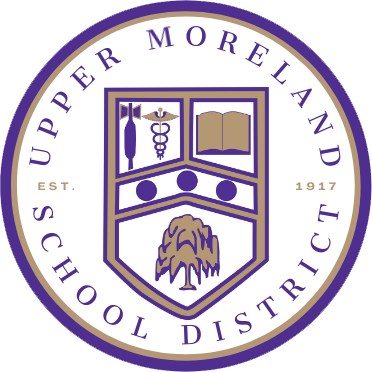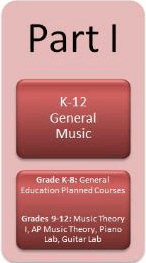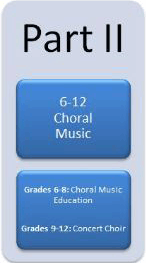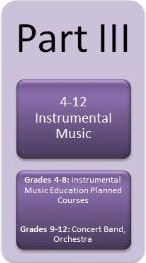Music Curriculum
K-12 Music
Mission Statement
Our mission in the Upper Moreland School District is to provide a comprehensive music program in which students will develop the skills and knowledge to perform and appreciate music as life-long participants through sequential, performance-based instruction.
The Music program at Upper Moreland Township School District is designed to enhance the musical, creative and expressive qualities of all students.
The General Music program provides opportunities for every child to learn the basic skills of singing, playing and reading music, developing song repertoire, broadening listening skills and experiencing the interrelated nature of music with other cultures and content areas.
The Choral Music program provides opportunities for every child to learn the basic skills of singing, reading, and performing music, developing song repertoire, broadening listening skills and experiencing the interrelated nature of music with other cultures and content areas.
The Instrumental Music program provides opportunities for every child to learn the basic skills of singing, playing and reading music, developing song repertoire, broadening listening skills and experiencing the interrelated nature of music with other cultures and content areas.
Philosophy
We believe that music...
is an integral part of a complete education;
develops the entire person and evokes the very essence of humanity;
benefits society by promoting a culture of excellence;
fosters teamwork;
integrates understanding from multiple disciplines;
develops creativity, problem-solving, critical thinking, and evaluative skills;
leads to an improved self-concept;
expands cultural awareness.
We believe that students...
discover and develop a potential, unique to the discipline;
develop life-long skills.
Best practices for general music guide us to...
design lessons that help students express themselves vocally, creatively, and kinesthetically through music;
set high expectations for student learning and have class expectations that are clearly conveyed to children and parents;
provide students with multiple opportunities to perform a varied repertoire of music alone, as well as with small and large groups;
use a variety of assessments that are used to monitor and encourage each student's musical achievements;
develop and maintain a positive learning environment where students feel comfortable creating and performing in front of peers in a variety of small and large settings.



